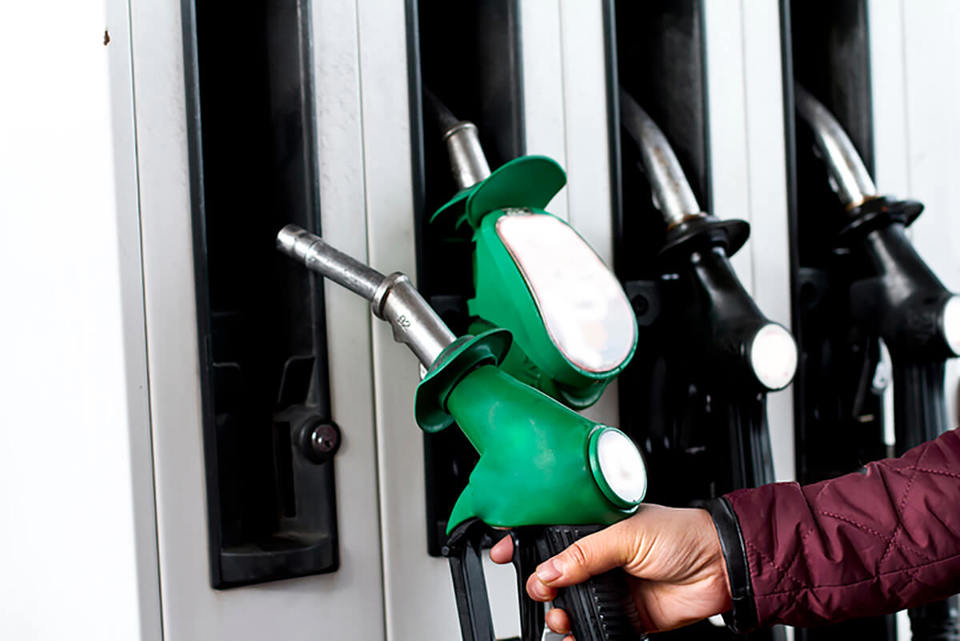High pump prices have become a permanent feature of the fleet landscape, according to Paul Jackson, managing director of TMC.
Echoing comments made on Friday by Willie Walsh, chief executive of International Airlines Group, Jackson said that structurally high oil prices will continue to drive the cost of fuel.
Although last week saw a record one-day plunge of 10% in the price of crude oil, the Brent Crude benchmark price (which underlies UK pump prices) climbed back to $117 a barrel within four days.
The world’s largest oil producer Saudi Arabia also announced plans for minimal growth in future output, last week. At the same time, Iraq slashed its projected output over the next five years by 50%, dampening hopes that it will help to offset dwindling supplies from other sources.
Diesel and petrol prices in the UK hit record highs last week, of 143p and 137p per litre respectively. Those levels compare with peaks of 133p and 119p during the oil price ‘spike’ of 2008.
“It is increasingly clear that the 2008 oil price peak was not a one-off aberration but an early indication of price levels that have become the new ‘normal’,” said Jackson. “As a result, pump prices have risen by 85% since 2003, with most of that increase taking place in the last three years.
“Fleets need to gain full visibility over their fuel costs so that they can target waste and make sure every drop of business fuel is used productively.”





















Login to comment
Comments
No comments have been made yet.